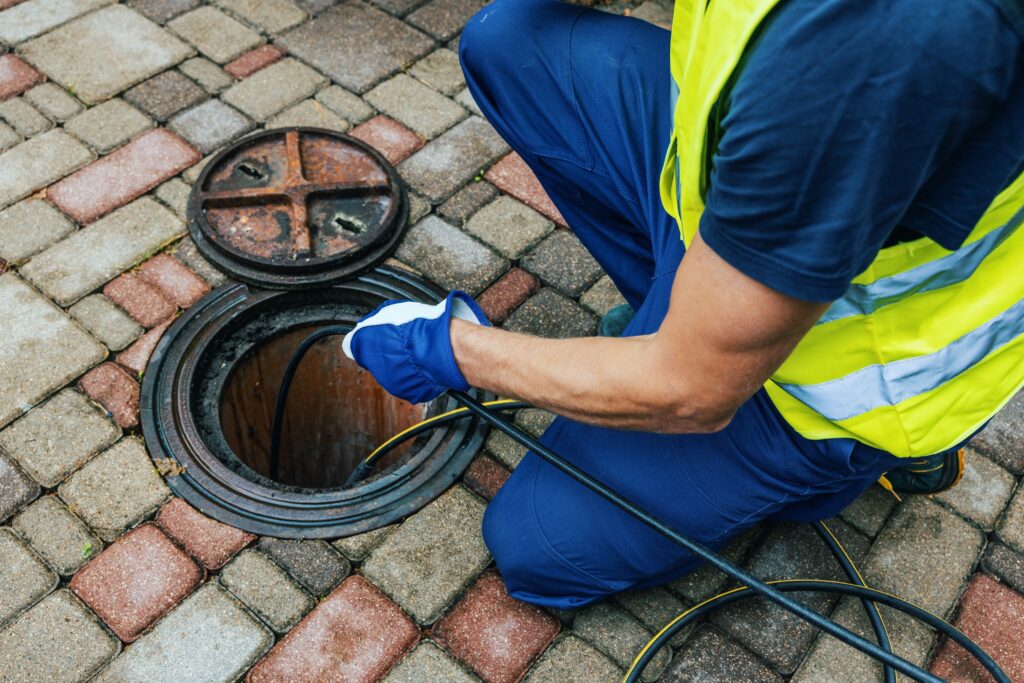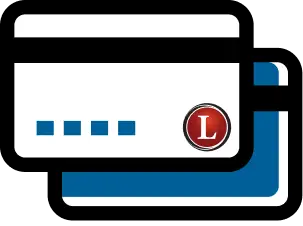If you’re like most people in Waynesboro, your plumbing is usually the last thing on your mind. Until something goes wrong, that is. And it’s pretty much guaranteed that you’ll have a clogged drain or leaky pipe in your home sooner or later. But while some plumbing problems are certainly unavoidable, there are quite a few things you can do to help keep them to a minimum and avoid larger plumbing emergencies later on.
Professional Checkups
For one thing, it’s a good idea to have your plumbing system checked by a professional every year or two. They can make sure that no roots interfere with the pipes in your yard and that things are generally flowing smoothly throughout the system. A professional inspection will also uncover any leaks, cracks or partial blockages that you may not have realized were there but that could cause significant damage later on if not dealt with promptly.
Do It Yourself Maintenance
In addition to professional inspections, though, there are some things you can do on your own. For instance, every season brings new challenges for your home plumbing. Many people know that there are dangers associated with freezing pipes in the winter, but did you know that there are things you can do all year round to help your plumbing work better?
Fall is the best time of year to start disconnecting outdoor faucets and checking them for leaks. If you take these steps before the really cold weather sets in, you’ll be able to get necessary repairs done well before freezing outdoor temperatures become a problem.
This is also a good time of year to check for proper insulation around pipes and to make sure your water heater is tuned up and ready to go for the winter. Sure, you use it all year round, but the colder it is outside, the harder your water heater has to work all winter.
Once spring rolls around again, there are plenty of other tasks you can take on to ensure the continued healthy functioning of your plumbing. For instance, you should check all of your outdoor drains and gutters to see that they’re clear of debris that could have built up during the winter. You can also flush out your water heater again to clear whatever’s accumulated over the winter and check any pipes and faucets for problems that may have developed during the cold months.






